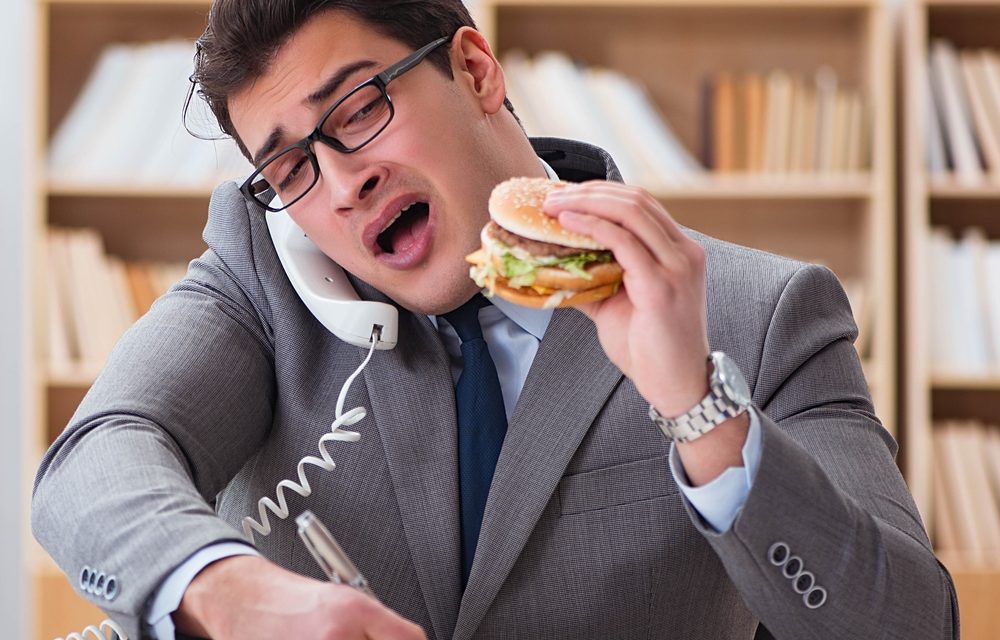Educational purposes only.
Researchers at the University of California, San Francisco first uncovered a feedback loop that helps explain why people crave high-calorie “comfort foods” under stress. In their animal model, stress raised the hormone corticosterone (the rat version of human cortisol). About 24 hours later, the stressed animals were more likely to choose sugary, high-fat food. The pattern matches what many people experience with cravings for chocolate, sweets, or greasy meals when feeling overwhelmed.
Newer research supports this idea in humans.
A 2024 ecological study in Stress and Health found that daily stressful events in ordinary adults were directly associated with increased food cravings and higher snack intake.
Study link: https://onlinelibrary.wiley.com/doi/full/10.1002/smi.3402
Another 2024 study in Nutrients examined women exposed to different stress phases and found that those in higher-stress states showed more emotional eating, stronger cravings, and greater abdominal fat, along with cortisol changes.
Study link: https://www.mdpi.com/2072-6643/16/23/4133
These findings help explain why chronic stress—rather than a single stressful moment—can influence appetite, mood, and weight over time. Elevated cortisol not only increases the drive to seek calorie-dense foods, but abdominal fat itself may send signals back to the brain that temporarily dampen the stress response.
Relaxation practices such as walking, deep breathing, yoga, meditation, or spending time in nature can help support the body’s stress system in healthier ways than overeating.








